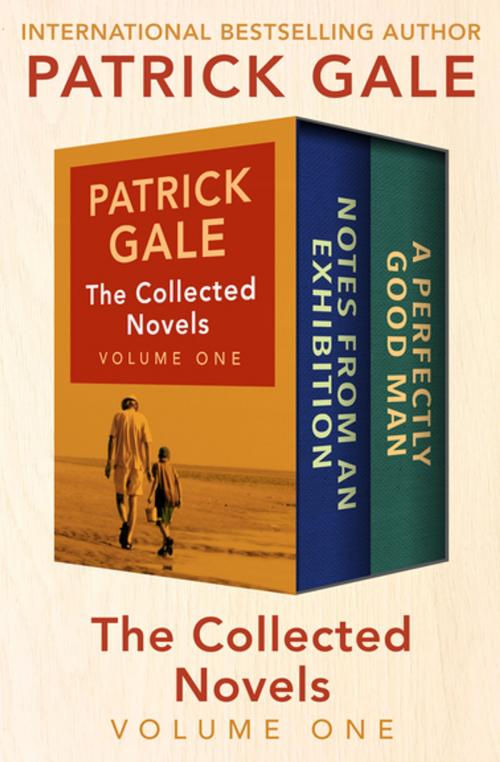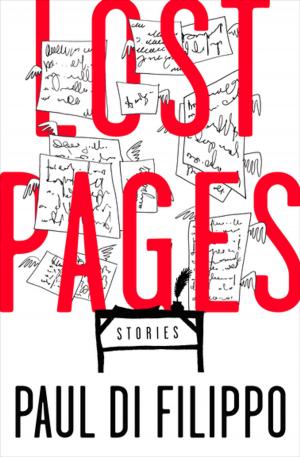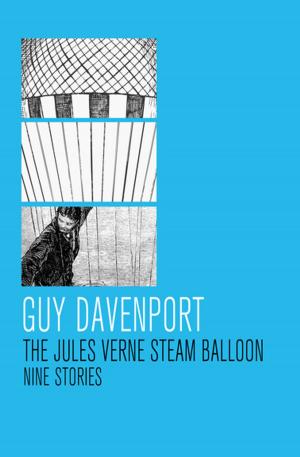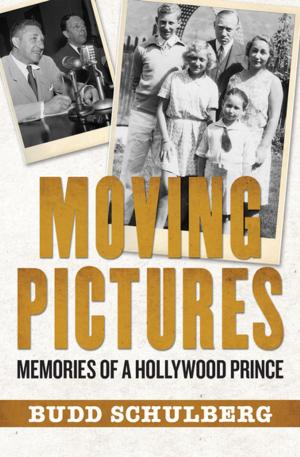The Collected Novels Volume One
Notes from an Exhibition and A Perfectly Good Man
Fiction & Literature, Psychological, Family Life, Literary| Author: | Patrick Gale | ISBN: | 9781504054324 |
| Publisher: | Open Road Media | Publication: | June 5, 2018 |
| Imprint: | Open Road Media | Language: | English |
| Author: | Patrick Gale |
| ISBN: | 9781504054324 |
| Publisher: | Open Road Media |
| Publication: | June 5, 2018 |
| Imprint: | Open Road Media |
| Language: | English |
Two deeply empathetic novels about families in crisis from an international bestselling British writer “with heart, soul, and a dark and a naughty wit” (The Observer).
Armistead Maupin says of Patrick Gale: “Few writers have grasped the twisted dynamics of family the way Gale has. There’s really no one he can’t inhabit, understand, and forgive.” In both the international bestseller, Notes from an Exhibition, and its subtly linked companion novel, A Perfectly Good Man, Gale’s generous compassion for his characters and their struggles resonates on every page.
Notes from an Exhibition: Gifted painter Rachel Kelly lived a life of manic highs and suicidal lows, which took its toll on her family. After a fatal heart attack in her studio in Penzance, Rachel is honored with a retrospective of her work, attracting art lovers but also stirring up emotional turmoil in her husband and four grown children as they try to come to grips with a legacy of secrets and the devastating effects of her bipolar disorder. Told from the multiple viewpoints of the family members—including Rachel—Gale’s compassionately curated novel evolves into “an engrossing portrait of a troubled and remarkable character” (The Mail on Sunday).
“A warm, well-written novel about creativity and the perils of living with the creative spirit.” —The Times Literary Supplement
A Perfectly Good Man: Barnaby Johnson is a good man, a priest in a West Cornwall parish, beloved and trusted by his community. But when twenty-year-old Lenny Barnes, paralyzed in a rugby accident, commits suicide in his presence, the reverberations shake Barnaby, his family, and his neighbors to the core. Those around him then invite Barnaby’s morally repellent nemesis to attempt to bring about his downfall. With several narrators, this “warm and humane . . . beautifully written” novel confronts profound questions of morality, faith, and consequences (The Times, London).
“A moving account of a man’s struggle with faith, marriage, and morality.” —The Sunday Times
Two deeply empathetic novels about families in crisis from an international bestselling British writer “with heart, soul, and a dark and a naughty wit” (The Observer).
Armistead Maupin says of Patrick Gale: “Few writers have grasped the twisted dynamics of family the way Gale has. There’s really no one he can’t inhabit, understand, and forgive.” In both the international bestseller, Notes from an Exhibition, and its subtly linked companion novel, A Perfectly Good Man, Gale’s generous compassion for his characters and their struggles resonates on every page.
Notes from an Exhibition: Gifted painter Rachel Kelly lived a life of manic highs and suicidal lows, which took its toll on her family. After a fatal heart attack in her studio in Penzance, Rachel is honored with a retrospective of her work, attracting art lovers but also stirring up emotional turmoil in her husband and four grown children as they try to come to grips with a legacy of secrets and the devastating effects of her bipolar disorder. Told from the multiple viewpoints of the family members—including Rachel—Gale’s compassionately curated novel evolves into “an engrossing portrait of a troubled and remarkable character” (The Mail on Sunday).
“A warm, well-written novel about creativity and the perils of living with the creative spirit.” —The Times Literary Supplement
A Perfectly Good Man: Barnaby Johnson is a good man, a priest in a West Cornwall parish, beloved and trusted by his community. But when twenty-year-old Lenny Barnes, paralyzed in a rugby accident, commits suicide in his presence, the reverberations shake Barnaby, his family, and his neighbors to the core. Those around him then invite Barnaby’s morally repellent nemesis to attempt to bring about his downfall. With several narrators, this “warm and humane . . . beautifully written” novel confronts profound questions of morality, faith, and consequences (The Times, London).
“A moving account of a man’s struggle with faith, marriage, and morality.” —The Sunday Times















